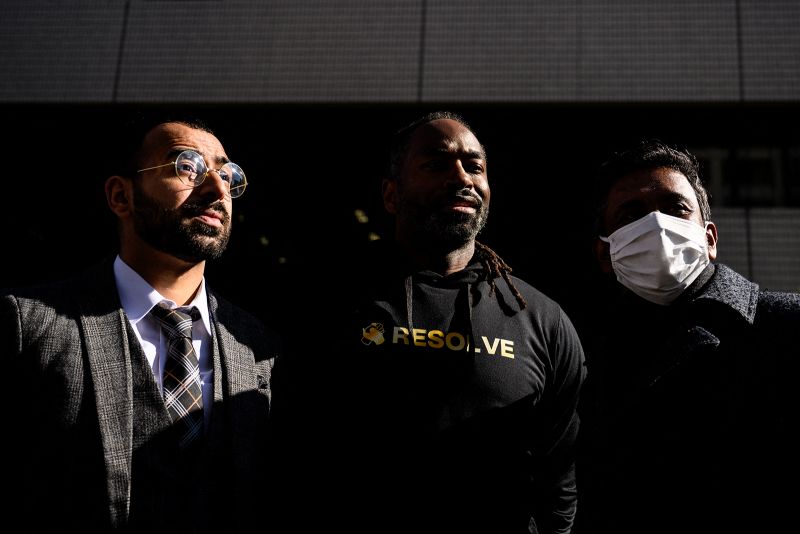The issue of racial profiling within Japan’s police force has grown increasingly prominent, with several foreign-born residents taking legal action against the government. These individuals allege that they are regularly profiled, targeted and treated unfairly due to their race or nationality, sparking an intense discourse about racial discrimination, civil rights and the need for judicial reform in Japan.
Several foreign-born residents in Japan have filed lawsuits against the country’s government, seeking redress for perceived discriminatory acts. Their allegations are rooted in experiences of regular, unprovoked, and invasive questioning, surveillance, and physical searches by Japanese police officers due to their non-Japanese status. The plaintiffs claim that these occurrences represent instances of racial profiling, an unconstitutional act of discrimination.
Racial profiling, the act of singling out individuals for suspicion of crime based on their race, ethnicity, religion or national origin is illegal under international law. Despite this, the practice appears to be prevalent in Japan. The foreign-born plaintiffs that are suing the government are from various backgrounds including African, Latino, Caucasian and more, illustrating the widespread nature of the issue.
The Japanese government’s stance on the allegations made by these foreign-born residents tests the standard of human rights within the country. While the government does not deny that such practices occur, it suggests that these actions fall within the legal scope of police duties, maintaining that they are essential to national security and public safety.
However, the impacted residents argue that these investigations are a direct violation of their fundamental human rights. They assert that racial profiling is not just a profound violation of privacy, freedom of movement, and dignity but also discourages unity, contributing to a hostile environment for Japan’s foreign population.
Moreover, while Japan’s constitution in Article 14 provides for equality before the law, there is no specific law that prohibits racial discrimination, making it hard for aggrieved parties to seek legal redress. This loophole complicates the allegations of racial profiling against the Japanese government and calls into question the country’s commitment to international human rights standards.
The lawsuits challenge the current Japanese policy and seek to impel reform, suggesting that the country implement anti-discrimination laws. Such lawsuits also highlight the need for accountability and transparency within law enforcement and government agencies.
In response to these allegations and public pressure, the Japanese government has begun to take steps, signaling a commitment to address the issue. Steps such as implementing sensitivity training for law enforcement officers and advocating for greater understanding between foreigners and Japanese citizens have been instituted. While this progress is promising, it is






























